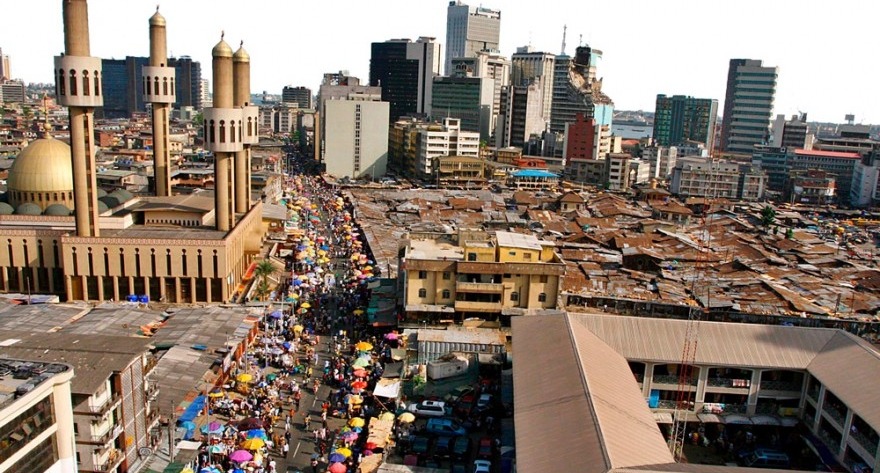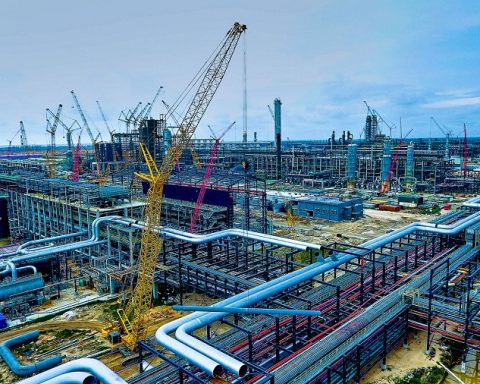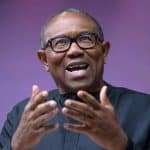Major contributors to Nigeria’s foreign investment inflows, including the United Kingdom (UK), the United States of America (USA), the Republic of South Africa (RSA), Singapore, and the United Arab Emirates (UAE), have all experienced declines in their investment values, according to the National Bureau of Statistics (NBS) report.
These countries, which accounted for 79% of Nigeria’s capital importation between 2019 and H1 2023, are grappling with declining investments, posing considerable challenges for Nigeria’s investment retention.
Join our WhatsApp ChannelThe UK, as Nigeria’s top trading partner for foreign investments, has witnessed a staggering 85.49% decline in its investments, falling from $11 billion in 2019 to an anticipated annualized value of $1.61 billion in 2023. Similarly, the USA saw an 84.4% drop from $4.69 billion to an expected annualized amount of $734.6 million in 2023.
RSA, Singapore, and UAE have also joined this downward trend, with declines of 80.6% each, translating to $456.2 million, $494.56 million, and $418.82 million, respectively, based on the H1 2023 annualized figures.
Noteworthy contributors like the Netherlands and Mauritius, with inflows exceeding $1 billion during this period, have also seen substantial declines, further highlighting the challenges faced by Nigeria in attracting and retaining foreign investments.
This concerning trend can be attributed to a combination of factors, including the global economic slowdown caused by the COVID-19 pandemic, Nigeria’s challenging business environment, capital controls, budget deficits, falling oil prices, insecurity, and corruption. Nigeria’s optimism for increased investments in 2023 hinges on effectively addressing these issues.
READ ALSO: South Africa’s Investment In Nigeria Drops By 81% In 4 Years
Despite these challenges, there is a glimmer of hope on the horizon. Excluding the UK, current H1 2023 data, when annualized for 2023 and compared to 2022’s total inflows, projects increased foreign investment inflows from the other four countries. The USA is expected to experience a 156% increase, RSA is projected to grow marginally by 6.4%, Singapore anticipates a 17.5% increase, and the UAE foresees a 48.6% rise.
However, Mauritius, known for its tax haven status, is projected to peak at $129.58 million in H1 2023 annualized inflows, indicating a shift in investment dynamics by companies into the Nigerian economy.
The decline in foreign investments from key partner countries is a significant concern for Nigeria’s economic stability. Challenges such as the global economic slowdown, business environment issues, capital controls, budget deficits, falling oil prices, insecurity, and corruption have played a role in this decline.
Nevertheless, there is hope for the future, as efforts are made to address these issues and attract more foreign investments into the country. US Deputy Treasury Secretary Mr. Adeyemo has reaffirmed the USA’s commitment to invest in Nigeria, emphasizing the importance of a stable currency and a robust macroeconomic framework for attracting foreign investment.













